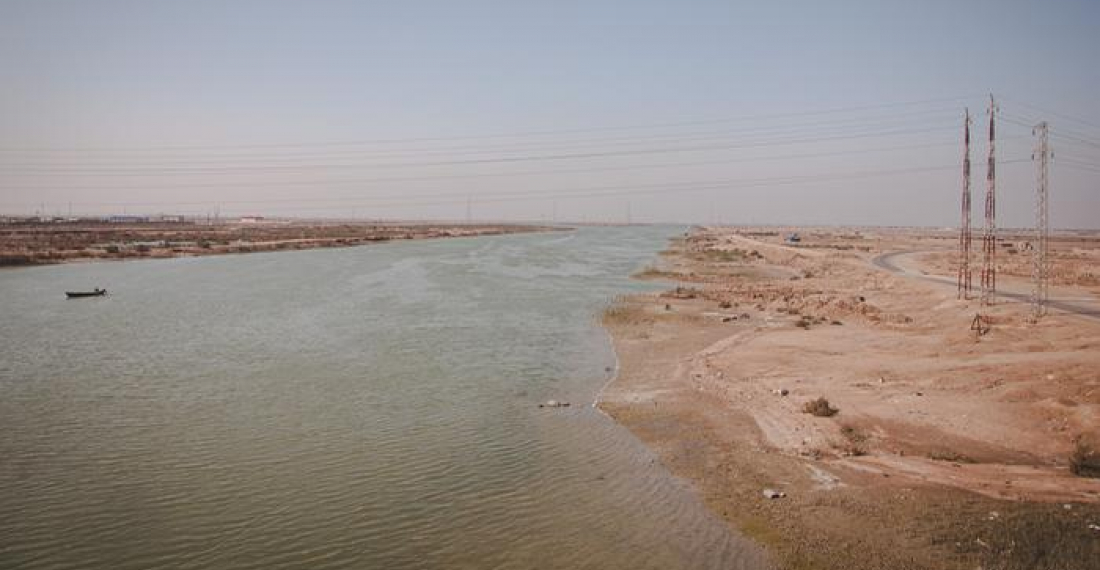Water scarcity is coming under the spotlight as one of the main environmental issues in the Middle East as it tops the agenda of regional NGOs and international frameworks alike. In a week-long Brookings Institute conference, entitled The Middle East and the New US Administration, water scarcity was one of the main issues discussed.
About ten countries in the region are water-stressed countries. The United States has for a long time addressed the problem of water scarcity in the region. The appointment of a US special envoy for climate, and American re-entry to the 2015 Paris agreement, are positive signs of continued US policy support to address water scarcity.
Panellist Nada Majdalani, the Palestinian director for EcoPeace Middle East, said the new administration in Washington provides hope for water co-operation in the region.
“We are looking at a more fostering environment, potentially towards looking at climate change co-operation and cross-border co-operation, and fostering the mediation role and mobilising the financial resources either from the Gulf countries or from the US,” she said.
However, waterways in the Middle East are often subjects of geopolitical tensions. A current example is the dispute between Egypt and Ethiopia over the construction of the Grand Ethiopian renaissance dam.
But Nadim Farajala, director of climate change and environment at the American University of Beirut, said that the Biden administration "has a lot on their hands to defuse this."
Studies from the EU and the International Union for Conservation of Nature suggest that water diplomacy and trans-boundary co-operation can be critical in forming solutions to water stress.
Source: commonspace.eu with The National (Abu Dhabi).
Picture: A waterway in Iraq's southernmost province of Basra suffers from decreased flows, acute pollution and seawater intrusion. (Source: DW/Kira Walker).






